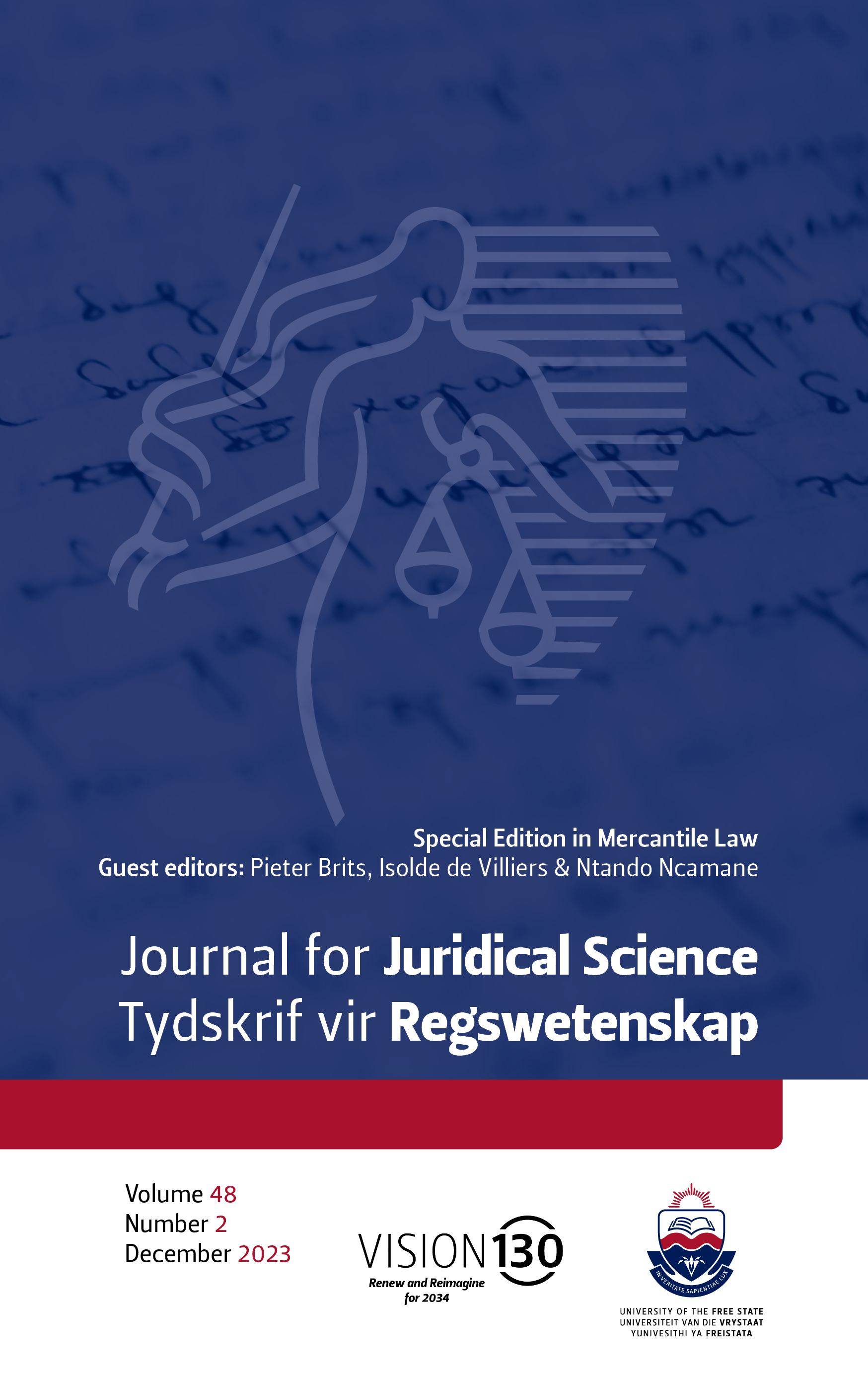Strike ballots in present-day South Africa
Examining the intersection between non-compliant trade unions, de-registration, and the Registrar
DOI:
https://doi.org/10.38140/jjs.v48i2.7915Abstract
The amendments introduced by the Labour Relations Amendment Act 8 of 2018 (LRAA) saw what was widely held as the reintroduction of compulsory secret and recorded strike ballots into the South African collective labour relations system. This was until the Labour Appeal Court (LAC) affirmed the status of prestrike ballots, grounded in deference to the constitutional right to strike, and the statutory protections afforded to unions in terms of sec. 67(7) of the Labour Relations Act 66 of 1995 (LRA). This contribution examines the impact of the LAC decision, along with two further judgments that saw the respective consideration of the role to be played by the Registrar of Labour Relations (the Registrar), and the setting aside of the Guidelines on Balloting for Strikes and Lockouts. This assessment is set against the reasons why balloting was initially excluded from the LRA, and what the LRA now provides for in terms of balloting. The aforementioned flows into examining how the Registrar could hold unions to account for repeated non-compliance with the provisions of sec.
95 through the de-registration mechanism contained in sec. 106, read with secs. 99 and 100 of the LRA. It is accordingly argued that the Registrar is best placed to act without infringing the right to strike, and to simultaneously uphold both union democracy and the constitutional principles of accountability, transparency, and openness. This is a duty owed to union members by the Registrar. Ultimately, it is concluded that members will benefit from greater protection against violent intimidation that so frequently accompanies industrial action, thereby resulting in improved industrial relations’ stability in South Africa.
Downloads
##submission.downloads##
Published
Issue
Section
License
Copyright (c) 2023 Bradley P Greenhalgh

This work is licensed under a Creative Commons Attribution 4.0 International License.




